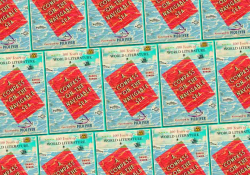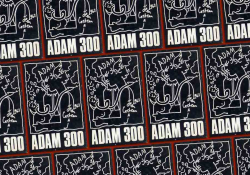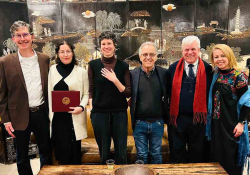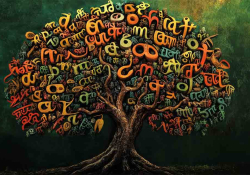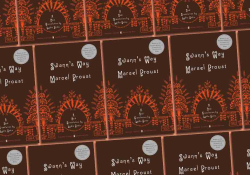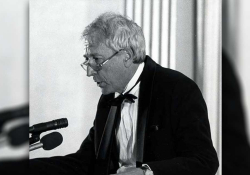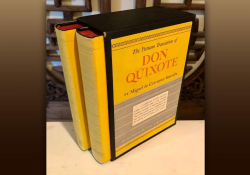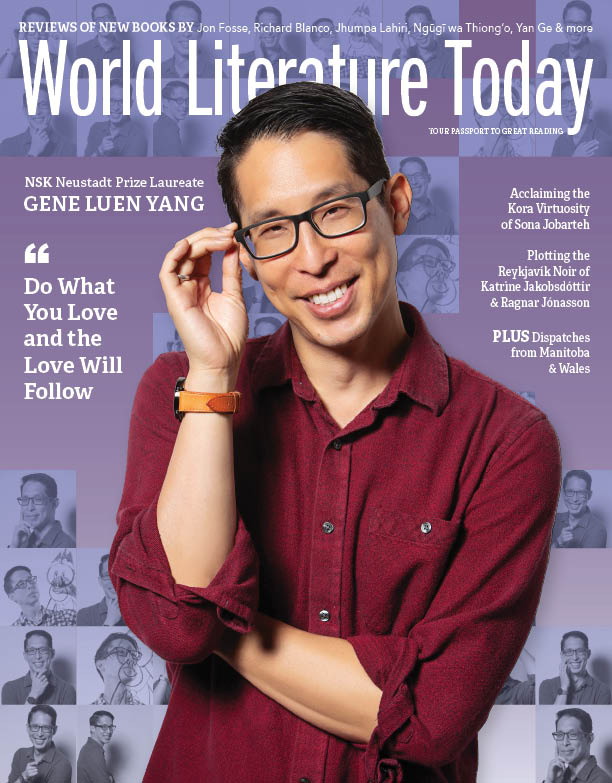75 Years Ago in These Pages
 “Between the political mentality and the pure intellect there are inevitable differences. The political mind seeks to dominate the relative or the accidental, as the navigator, expert in winds and their capricious surprises, trims his sails, while pure intelligence seeks in all things the absolute, guides itself by solid principles, orients itself by immutable ideas, above the fluctuations of daily events and their deceptive appearances. The thinker wishes to understand, to know; the politician wishes only to attain power, to preserve it, to expand it.
“Between the political mentality and the pure intellect there are inevitable differences. The political mind seeks to dominate the relative or the accidental, as the navigator, expert in winds and their capricious surprises, trims his sails, while pure intelligence seeks in all things the absolute, guides itself by solid principles, orients itself by immutable ideas, above the fluctuations of daily events and their deceptive appearances. The thinker wishes to understand, to know; the politician wishes only to attain power, to preserve it, to expand it.
A mental triumph is the conquest of a universal reality; a political triumph is a victory over the difficulties of a local scene, a victory often pregnant with future difficulties. The one acts on the totality of the world, evidenced equally in the starry sky, in a conscience, in a micro-organism; the other deals with a mere group of men and their localized problems. Both seek to make life possible on earth, each by its own process. Life would be destroyed without the liberating action of thought, and likewise without constant political intervention.
Can there not be some coordination between two things so diverse, though equally indispensable in relieving human misery?”
—Fidelino De Figueiredo, “A Free Press—A World at Peace,”
Books Abroad 23, no. 1 (Winter 1949): 6–7
